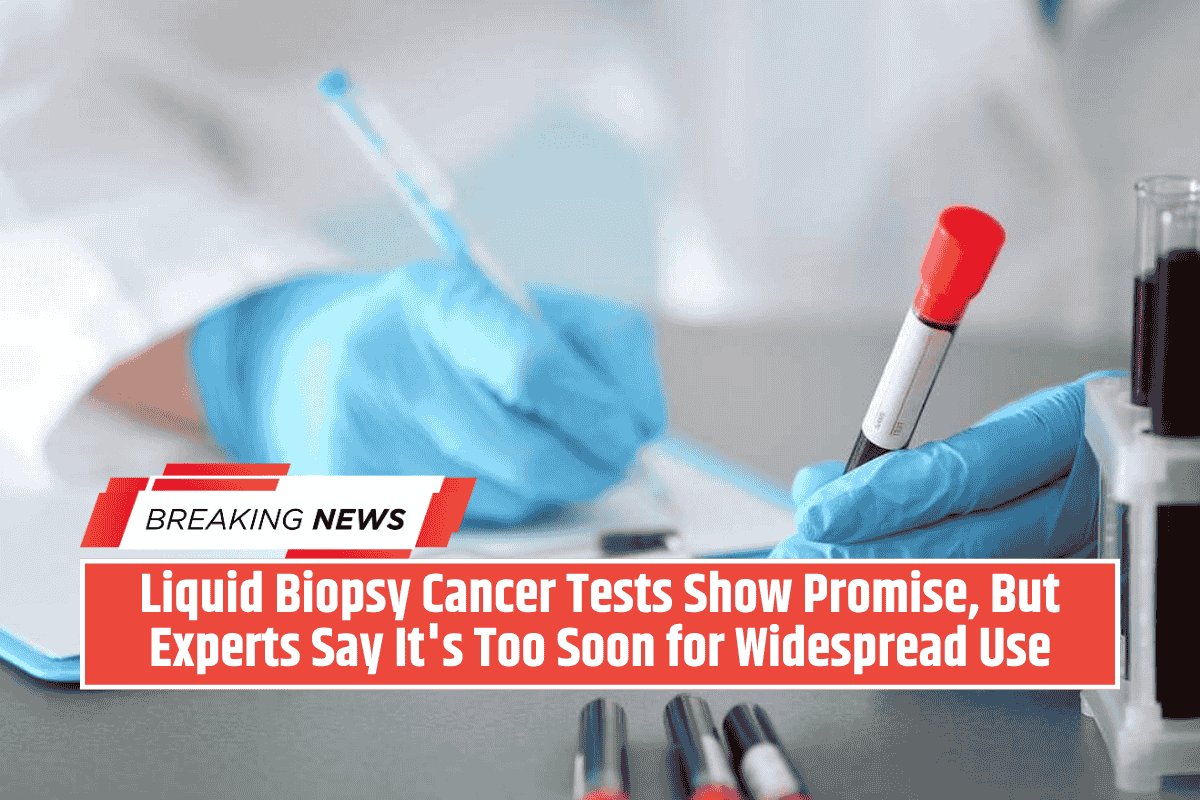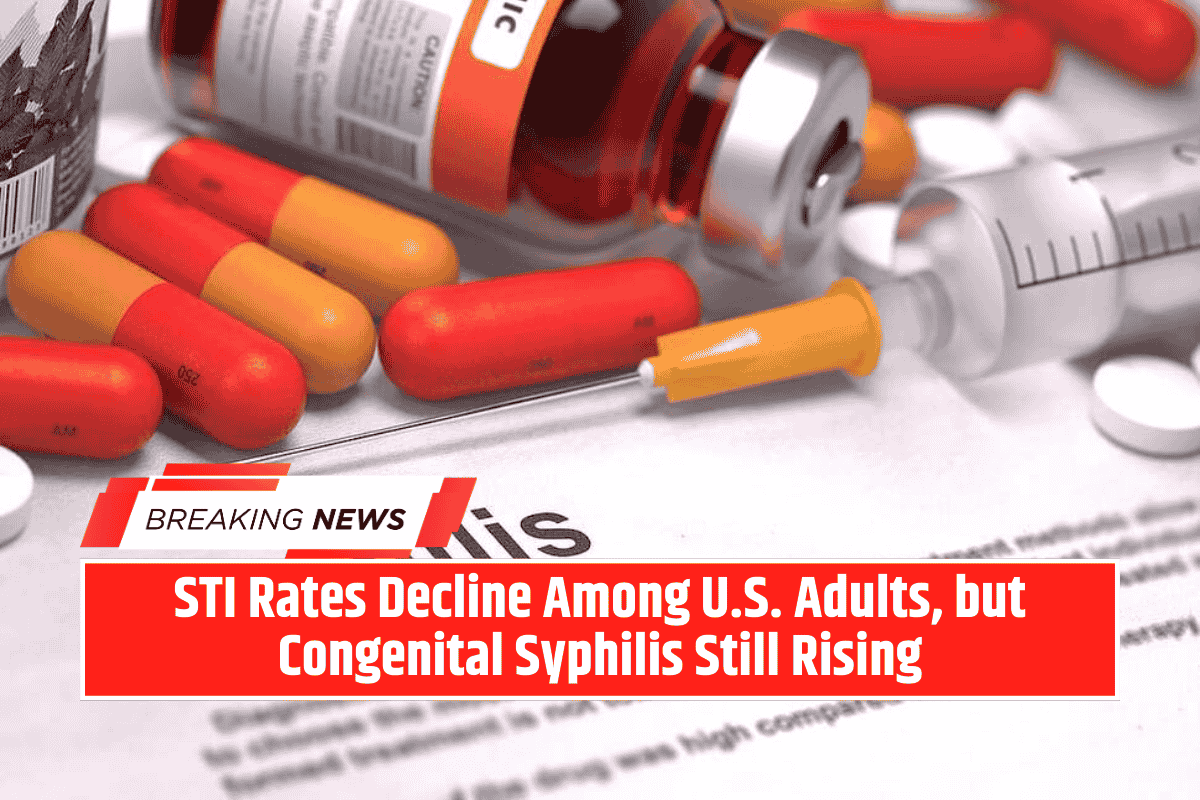“Liquid biopsy” tests — blood tests that claim to detect multiple types of cancer early — are creating buzz in the medical world. These multicancer early detection (MCD) tests offer hope for catching hidden tumors long before symptoms appear.
But according to a major new review, the science behind these tests is still too uncertain for them to be widely trusted or used in everyday medical practice.
Published on Sept. 15 in the Annals of Internal Medicine, the evidence review highlights the lack of strong, controlled research to prove these tests work as claimed.
What Are Liquid Biopsy MCD Tests?
Liquid biopsy MCD tests are blood tests that aim to spot signals from multiple types of cancer at once. They search for fragments of DNA, proteins, or other substances shed by tumors into the bloodstream.
Unlike traditional screenings (like mammograms or colonoscopies), these tests don’t target just one cancer type — they promise to detect many at once.
Some of the most well-known MCD tests include:
- Galleri
- OneTest
- OncoSeek
- Cancerguard (launched recently by Exact Sciences, the makers of Cologuard)
These tests are available for purchase, sometimes online, but none have been officially approved by the U.S. Food and Drug Administration (FDA).
Why the Hype — And the Caution
It’s easy to see why these tests have drawn so much attention:
- Around 70% of cancer deaths are from cancers that don’t have standard screening tests.
- MCD tests could potentially find these “hidden” cancers early, when they’re more treatable.
But here’s the problem: there’s not enough evidence yet to prove that these tests actually save lives, reduce cancer deaths, or improve quality of life.
The review, led by Dr. Leila Kahwati from the RTI–University of North Carolina Evidence-based Practice Center, found:
- No completed controlled studies measuring the real-world impact of these tests.
- Insufficient evidence on their accuracy or the potential harms they could cause.
What Did the Review Find?
The researchers examined 20 studies involving more than 109,000 people. These studies looked at 19 different MCD tests and their ability to detect cancer. Here’s what they discovered:
- Test accuracy varied a lot depending on the type of cancer, the study design, and who was tested.
- There was no solid proof that these tests improve cancer outcomes in real-world settings.
- False positives were a serious concern. A healthy person might get a wrong result, leading to unnecessary tests and anxiety.
Dr. Kahwati’s team concluded:
“Accuracy evidence alone does not mean MCD tests have a greater benefit than currently recommended screening tests.”
What Are the Risks of These Tests?
While the idea of finding cancer early is appealing, there are several potential risks:
- False positives could lead to stressful and costly follow-ups, including invasive procedures.
- Unnecessary treatments could be triggered for harmless conditions.
- Emotional distress is common when someone thinks they have cancer — even if it’s not true.
- False negatives might offer a false sense of security, delaying diagnosis of actual cancers.
Why the FDA Hasn’t Approved Them
Despite being sold directly to consumers, none of the currently available MCD tests have FDA approval. That’s because:
- The FDA requires strong evidence from randomized, controlled trials.
- So far, no such trials have been completed for any of the available MCD tests.
Dr. David Weinberg, a senior physician at Fox Chase Cancer Center, explained in an editorial that:
“The prevention potential for MCD tests is exciting, but there are insufficient data demonstrating true clinical benefit.”
He added that until those studies are done, these tests should only be used in research settings — not as regular health check-ups.
The Cost Factor
These tests are not cheap. Prices start around $950, and most insurance plans do not cover them. That adds another layer of concern, especially if the test leads to unnecessary or costly follow-ups.
Liquid biopsy MCD tests may one day change how we detect cancer — but we’re not there yet. For now, there’s no strong proof that they improve outcomes or are better than traditional screenings.
Experts advise caution and say these tests should only be used in research until proper studies confirm their benefits. If you’re considering one, speak to your doctor and make sure you fully understand both the potential and the risks.









